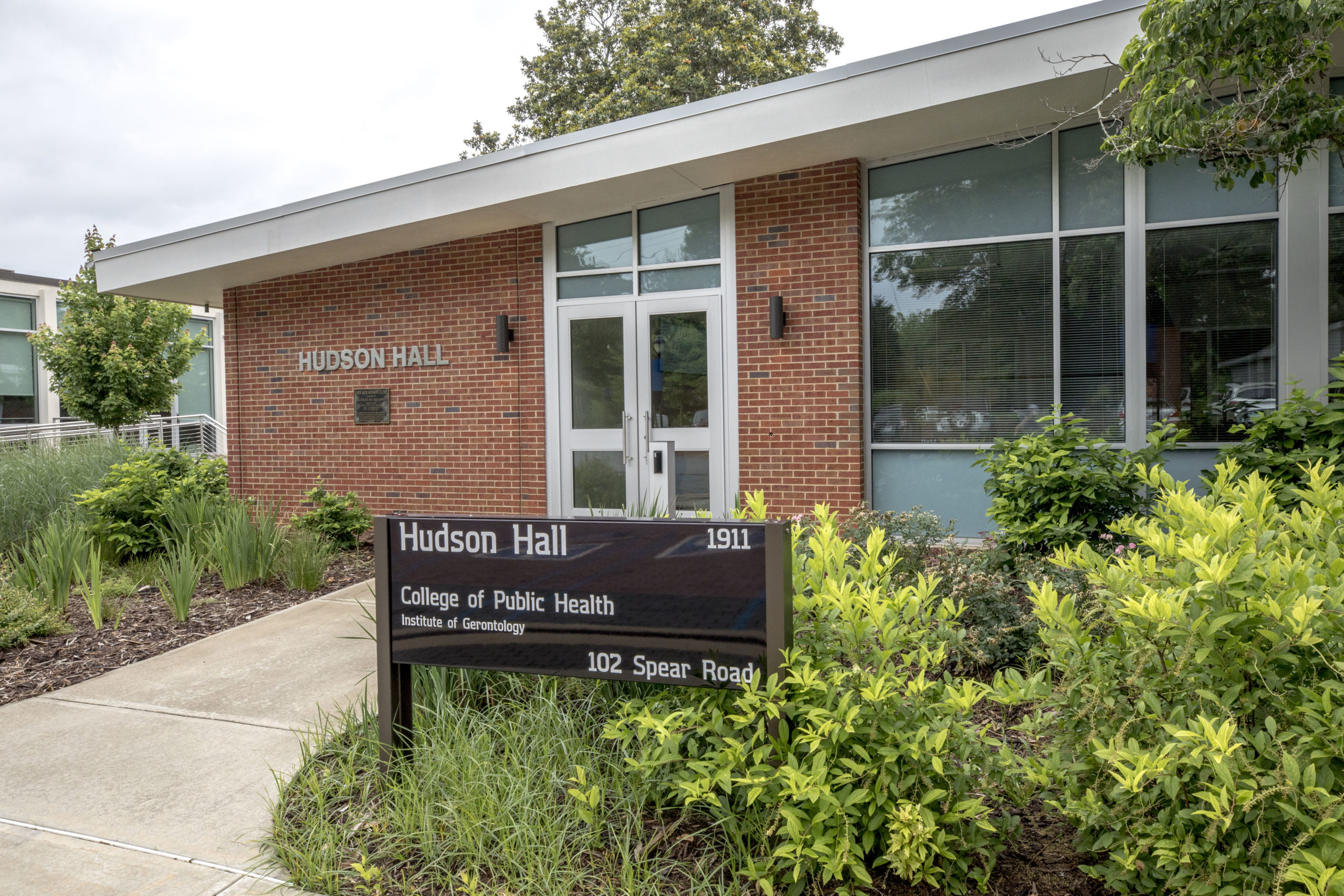Approximately 6 million people in the U.S. are living with Alzheimer’s and related dementias (ARD) or mild cognitive impairment, and that number is forecasted to reach 15 million by 2060.
In Georgia where the prevalence of Alzheimer’s is high, it’s estimated that 80% of adults who have reported experiencing some type of cognitive loss aren’t talking to their providers about it.
That’s a problem says Lisa Renzi-Hammond, a researcher and faculty member with UGA’s Institute of Gerontology who studies how brain function changes as we age.
“These patients who are not talking to their providers also tend to live in areas with lower access to specialized care,” she explained.
Specialists who are equipped to test cognitive functioning, diagnose ARDs and help families get set up with a care plan are mainly clustered around metro Atlanta and big cities. In some rural Georgia communities, there is no neurologist within a two-hour drive.
The IOG has an ambitious plan to close these gaps.
In 2019, the Institute launched the Cognitive Aging Research and Education (CARE) Center, a state-of-the-art center with the goal to connect rural communities with services that have historically only been available in urban areas.
The CARE Center will provide both in-person services and eventually telehealth services that include dementia screening, diagnosis, care planning, and community education.
“We have huge goals,” said Renzi-Hammond. “We envision a future where people in Georgia understand what dementias are, believe that getting a diagnosis is important, and no matter where they live, know that they can access care and support. Everyone has the right to diagnosis, care and support, no matter where they live.”
The CARE Center, say IOG faculty, will support the established Georgia Memory Net, created by the state in 2014 to address memory care access. Memory Assessment Clinics are currently being developed in Atlanta, Augusta, Macon, Columbus and Albany.
“We know we can’t do it without others who share this vision,” said Renzi-Hammond. “We encourage anyone interested in learning more, contributing financially or seeking services to reach out to us anytime.”
– Lauren Baggett
Posted on April 8, 2020.







